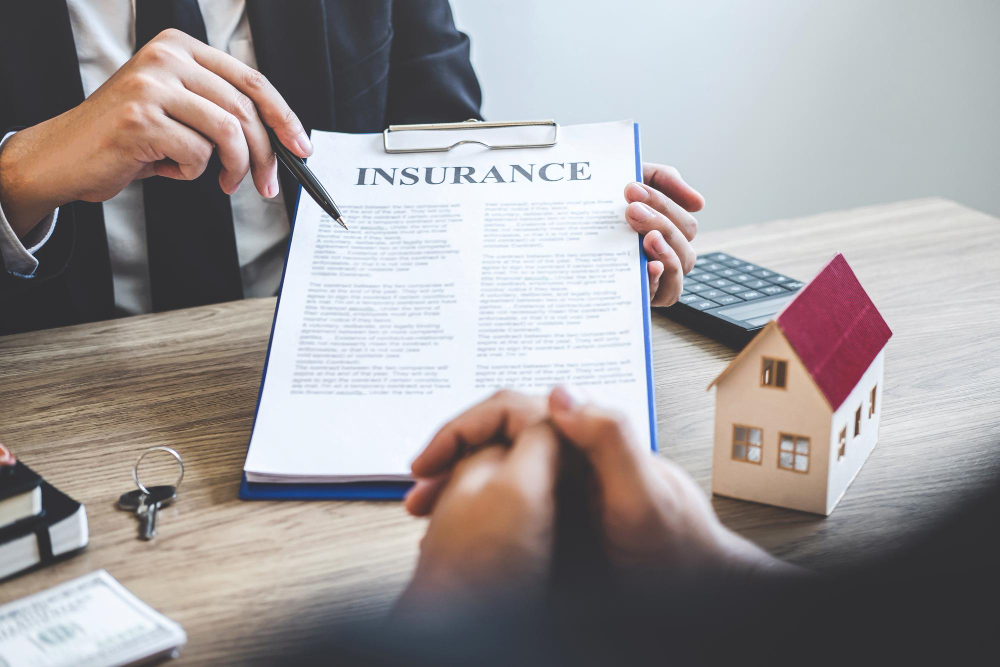 (888) 979-7969
(888) 979-7969
 (888) 979-7969
(888) 979-7969

Filing an insurance property claim in Orlando, FL, can feel like a daunting process, especially in the aftermath of an incident that impacts your property. Whether it’s damage caused by a storm, fire, water, or any other unexpected event, knowing what steps to take ahead of time can help you streamline the claims process, reduce stress, and increase your chances of getting a fair settlement.
If you're a property owner in Orlando, FL, this guide will walk you through the exact steps to prepare for an insurance claim, so you can confidently handle the process from start to finish.
Before we jump into the steps, it’s important to understand why preparation is crucial. A well-documented claim will provide your insurance company with the necessary evidence to evaluate your loss, speeding up the resolution process. It can also protect you from lowball offers or pushback, ensuring you receive the compensation you deserve.
Taking specific steps beforehand puts you in control, which is invaluable when dealing with insurance claim disputes or delays.
The first step in preparing for an insurance claim is understanding your policy inside and out. Take the time to read through your insurance documents and highlight key coverage areas such as property damage, personal property, and additional living expenses.
Look for answers to the following questions:
If you're unsure about certain details, call your insurance agent for clarification. Being informed will help you know what to expect during the claims process.
Having a clear record of your property’s condition before any potential damage can significantly strengthen your claim. Insurance companies rely on evidence to assess the extent of the damage, and pre-damage documentation acts as a benchmark.
How to Document Your Property:
Store these documents digitally in cloud storage or email them to yourself for easy access after a loss.
Once damage occurs, your first priority should be to prevent the situation from worsening. Most insurance policies require policyholders to mitigate further damage, which means taking immediate steps to protect your property. For instance:
Contact your insurance company as soon as possible to notify them of the damage. Be prepared to provide an overview of what happened, the date and time of the incident, and any immediate actions you’ve taken. Prompt reporting is critical to avoid delays.
Once the immediate crisis is under control, begin documenting the damage in detail. Use your smartphone or camera to capture high-resolution photos and videos of all affected areas. Pay attention to the following:
Pro Tip: Avoid disposing of damaged items until your adjuster has seen them. Keeping physical evidence can bolster your claim.
Insurance claims involve a lot of paperwork, so staying organized is essential. Create a dedicated folder (digitally or physically) for your claim and store the following documents:
Having everything in one place will make it easier to provide the necessary documentation to your insurance company when requested.
After you’ve filed your claim and submitted the initial documentation, your insurance provider will send an adjuster to inspect the damage. The adjuster’s job is to evaluate the extent of the damage and determine how much compensation you’re eligible for under your policy.
Tips for a Successful Inspection:
Don’t hesitate to ask questions or seek clarification during the inspection process.
Insurance claims can become complicated, especially if you encounter disputes or inadequate settlement offers. If you’re struggling to get the compensation you deserve, it may be time to seek professional help from a public adjuster or property damage consultant.
Experts can:
If you’re dealing with property damage in Orlando, FL, Ultra Property Damage offers expert assistance to guide you through the process.
Preparation is the key to successfully navigating an insurance claim. Reviewing your policy, documenting pre- and post-damage, and staying organized are essential steps in ensuring a smoother experience.
However, if you feel overwhelmed or need additional support, know that you don’t have to do it alone. Ultra Property Damage specializes in helping property owners in Orlando, FL, file and manage claims for maximum benefit. If you want expert guidance and peace of mind, contact us today for a consultation.